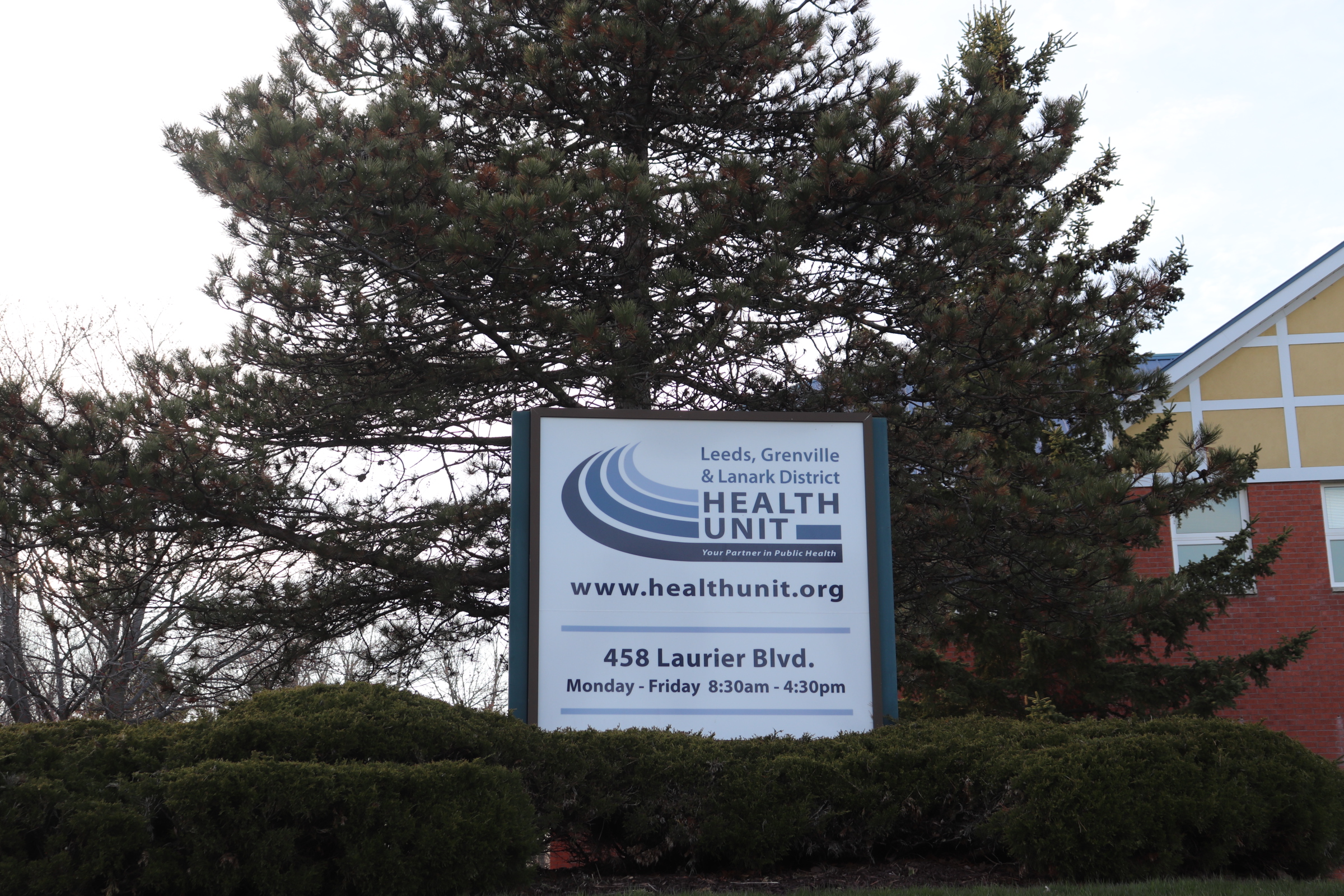The Leeds, Grenville and Lanark District Health Unit is reminding the public of potentially harmful algal blooms.
The health unit says algal blooms including blue green algae are a natural seasonal phenomenon that could appear in our lakes, rivers and ponds. Many are relatively harmless but some can produce toxins which may be harmful to people and animals. They say toxins that can cause skin irritation, nausea and vomiting, and in higher concentrations, liver problems are released when the cells break down.
The harmful algal blooms and toxins can only be confirmed through a lab test, so the health unit recommends taking a cautious approach when you suspect a potentially harmful algal bloom. Algae blooms do degrade with time but toxins may not have completely left the area. The health unit also says the toxin will eventually be diluted into the body of water as any other soluble compound.
The health unit says surface water is never a safe source of drinking water without effective treatment. They say to consult a water treatment specialist if your drinking water comes from the lake and you may want to choose another source of water for drinking.
For recreational water use, the health unit says to avoid activities that would increase exposure to toxins during an algae bloom.
The health unit says things to consider after a harmful algae bloom include:
- Faster moving water will dilute and move the toxins out of an area more quickly, further decreasing the risk to health. Each property will have a different water flow pattern, so a local assessment is useful to further assess risk.
- Skin irritation is the first sign that the level of toxin is significant in the water, so if this occurs, it is important not to go in the water. A few more days will help to clear the water if it is moving well, unless another bloom has occurred.
- The water in lakes and rivers always has the potential to be infected with bacteria, viruses and other microbes that can affect health. So it is important not to swallow the water. Young children are more likely to swallow water so it is critical to observe them carefully when in the water.
- Be cautious about eating fish caught in water where a harmful algae bloom has occurred. Toxins are concentrated in the liver. So avoid consuming the liver, kidneys and other organs of fish caught in an area affected by potentially harmful algae.
Contact the Spills Action Center at 1-800-268-6060 to report any new potentially harmful algae blooms and take photos of an active bloom.



